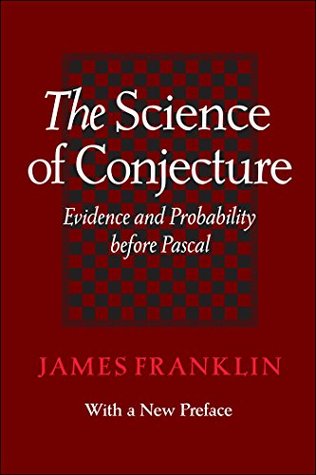What passes for philosophy around 1400 combines either originality with stupidity, as with Wyclif, or learning with complete unoriginality, as with Pierre d’Ailly. Ailly repeats the phrases of the Ockhamists, among them, “The probable taken more widely is what is true, either necessarily or contingently, but is not evident” and “More probable in natural light than its opposite.”84 But the life has gone out of the exercise. The spirit of the age is represented better by Petrarch. His work of 1370, On His Own Ignorance and that of Many Others, was composed after he left Venice, stung by the
...more
Welcome back. Just a moment while we sign you in to your Goodreads account.


